
Workers at Sing Nest International Trading Co Ltd pick out small feathers from bird nests at the company's production base in China-Malaysia Qinzhou Industrial Park in Qinzhou, Guangxi Zhuang autonomous region, in October. (PHOTO/CHINA DAILY)
At a production line in China-Malaysia Qinzhou Industrial Park in Qinzhou, South China's Guangxi Zhuang autonomous region, staff deftly pick small feathers from bird nests. The nests are then placed in a mold, dried naturally, undergo thermal treatment and testing, and finally get labeled and packaged.
The nests are all imported from Malaysia. During the past decade, with the help of the industrial park along with the Malaysia-China Kuantan Industrial Park in Kuantan, capital of Pahang state in Malaysia, consumers in China have been able to enjoy high-quality imports from member countries of the Association of Southeast Asian Nations in a more convenient manner.
"We signed an agreement with the organizing committee of Qinzhou Port Area in the China (Guangxi) Pilot Free Trade Zone in November 2020. With an investment of 5 million Singapore dollars ($3.7 million), we established a bird nest production line and a feather nest — a subcategory of bird nests — processing line in China-Malaysia Qinzhou Industrial Park," said Lao Dayong, general manager of Sing Nest International Trading Co Ltd, one of the 12 companies in the industrial park qualified to process imported nests.
"After we signed the contract, the organizing committee has been actively assisting us in building production lines, and handling food production licenses and traceable labels for bird nests. By the end of 2021, our production lines were successfully put into trial operation. So far, many nest products, including cup-shaped nests, stewed bird nests, bird nest water and bird nest porridge, have already hit the market," he said.
Guangxi Mayi Imported Goods Supply Chain Management Co Ltd is another beneficiary of the industrial park. As a cross-border e-commerce enterprise, it imports infant and maternity products, cosmetics, nutritional products, wines, durian and steaks, among other goods, straight from ASEAN member states.
To ensure the product quality of Musang King durian — one of Mayi's bestsellers — it established a 50,000-square-meter cold chain warehouse in Qinzhou Port Area in the China (Guangxi) Pilot FTZ, and a central kitchen in China-Malaysia Qinzhou Industrial Park, where durian is processed and made into byproducts.
"We regularly send inspection teams to ASEAN member states to enrich our import channels and stabilize product quality and prices," said Sharon Yan, executive deputy general manager of Mayi.
Currently, China-Malaysia Qinzhou Industrial Park has over 25,000 enterprises registered, covering sectors such as agricultural products, bulk commodities, electric information, biopharmaceuticals, new materials and new energy. Signed contract value surpassed 265.9 billion yuan ($36.3 billion), data from the industrial park showed.
This year, during the 10th anniversary of the establishment of China-Malaysia "Two Countries, Twin Parks" — China-Malaysia Qinzhou Industrial Park and Malaysia-China Kuantan Industrial Park — nine projects were signed, and three projects officially launched construction. The signed contract value totaled 38.5 billion yuan.
This year marks the 20th anniversary of the China-ASEAN Expo. China-ASEAN cooperation has evolved from the past "golden decade" to a "diamond decade", and then to a new decade "crowned with diamond inlay".
Wang Xiongchang, mayor of Qinzhou, said: "Marching toward the new era, we aim to build waterways to further enhance the interconnectivity of Guangxi and ASEAN member states. Last year, construction of the Pinglu Canal project — an important part of the new western land-sea corridor — was initiated. Once completed, a more convenient, cost-effective logistics channel facing ASEAN will be formed. In the next step, Qinzhou will step up efforts to promote close collaboration alongside upstream and downstream industrial chains, so that China-ASEAN cooperation will be more globally competitive."
For domestic and foreign enterprises in China-Malaysia Qinzhou Industrial Park, it is recommended that the local government enhance service guarantees and offer more favorable policies. Meanwhile, the government should reinforce supervision and administration over enterprises to improve their innovative capabilities and core competitiveness, and thereby promote sustainable development, industry experts said.









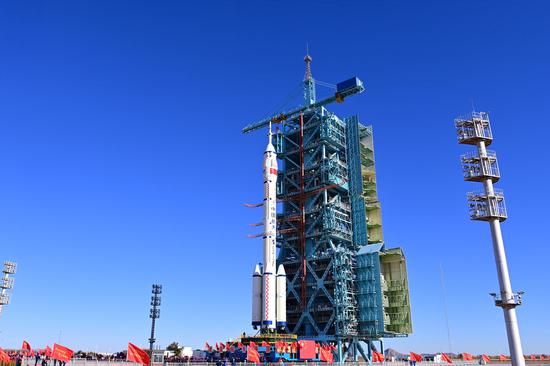
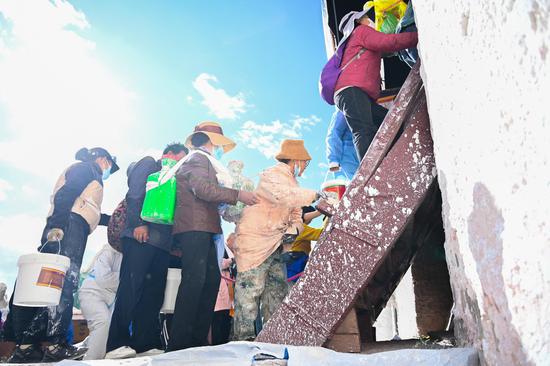

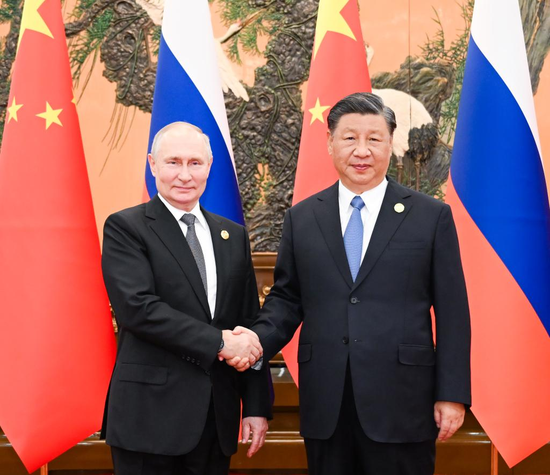
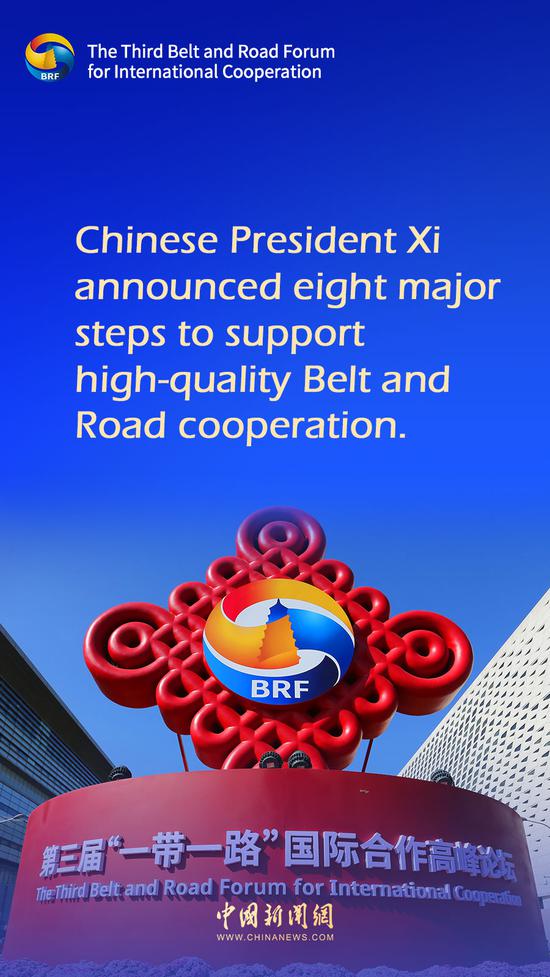
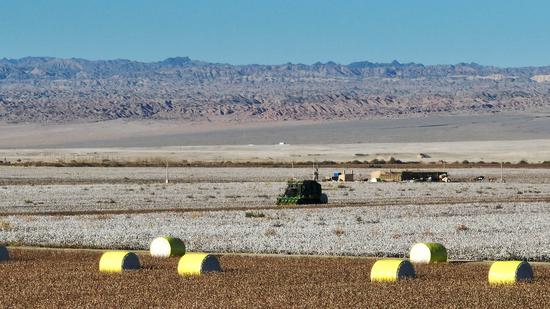
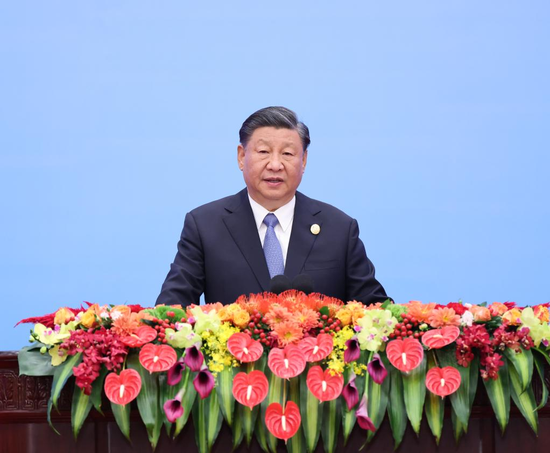
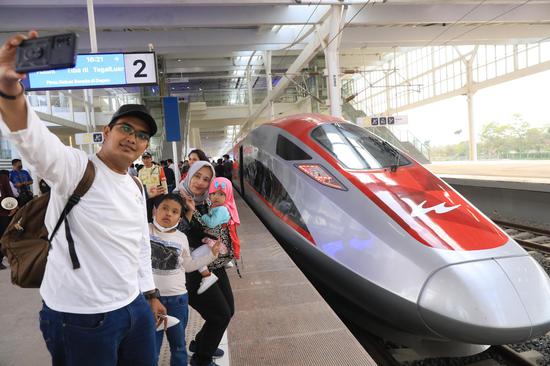


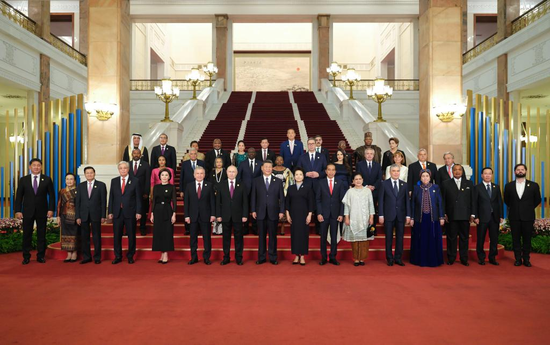


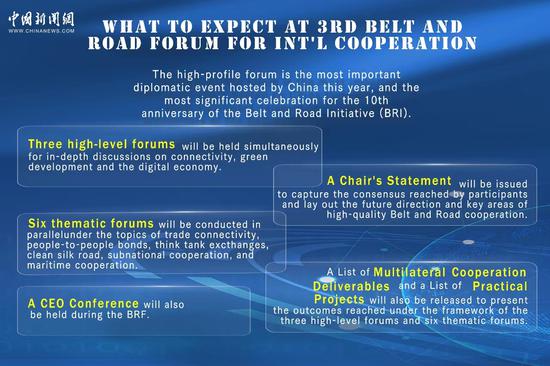
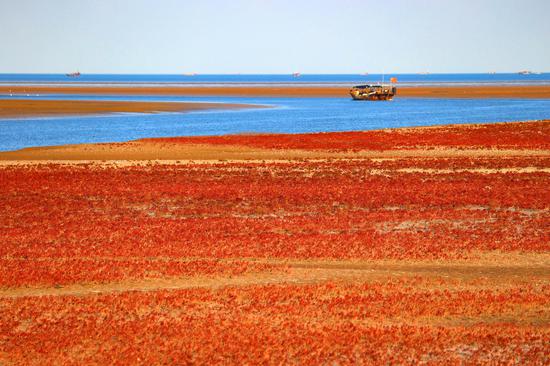
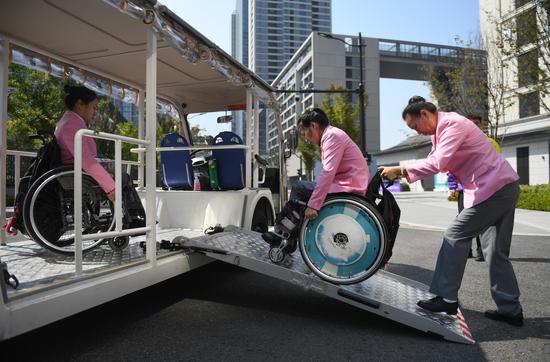


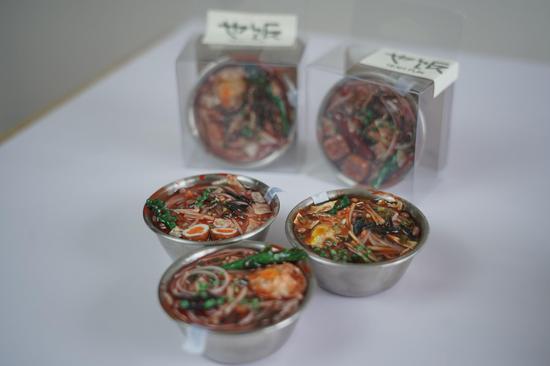


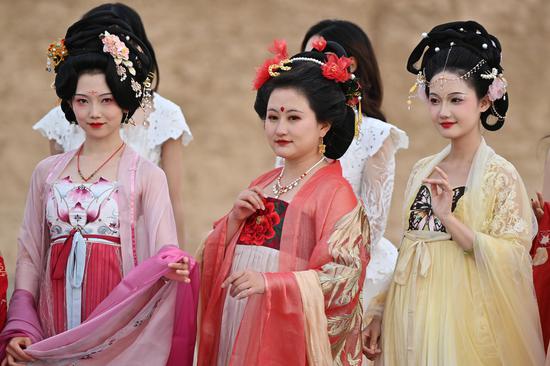
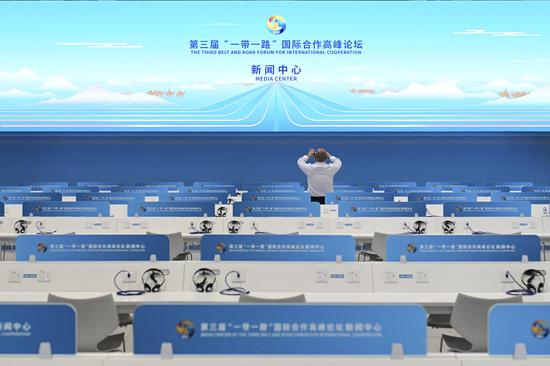
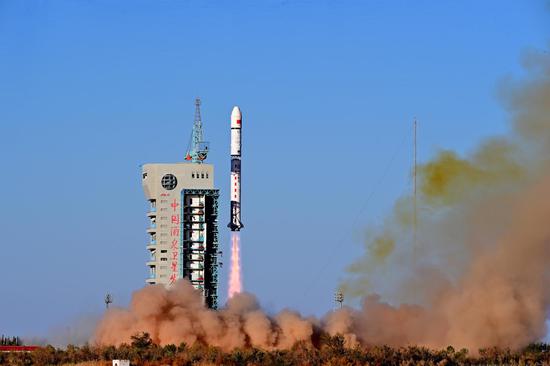
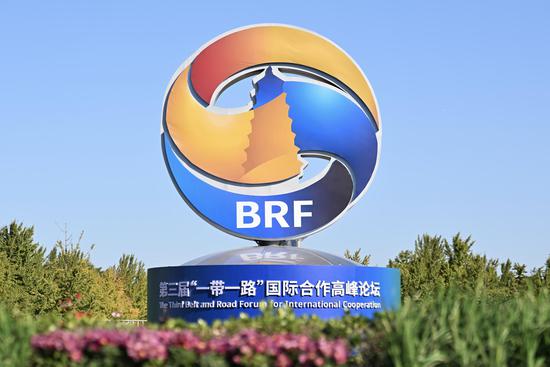
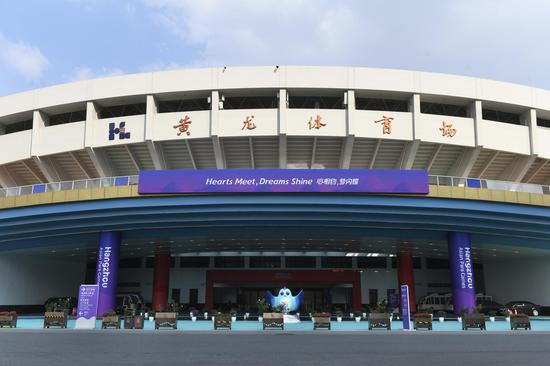
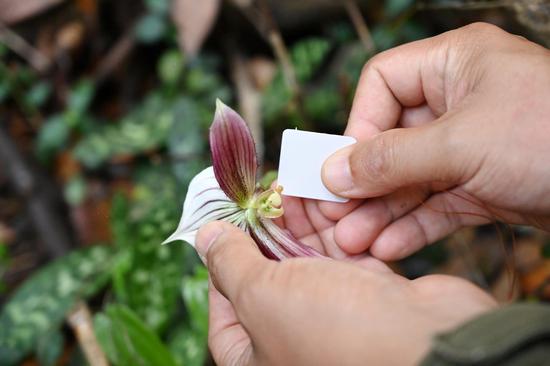

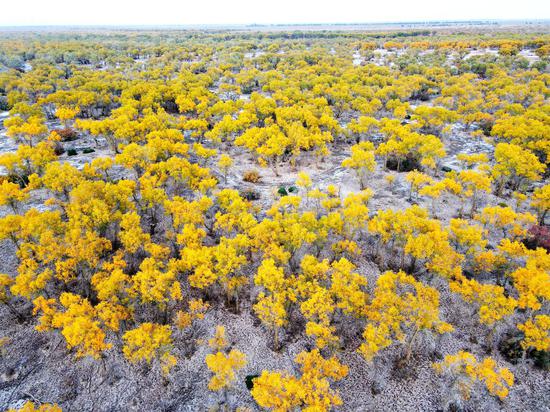
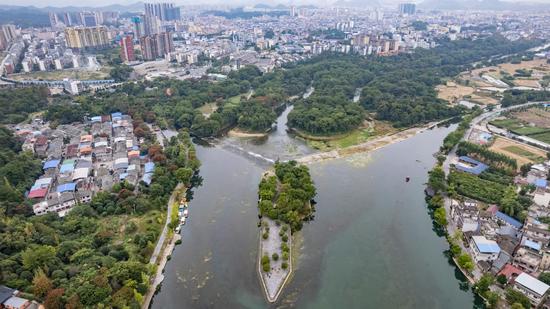
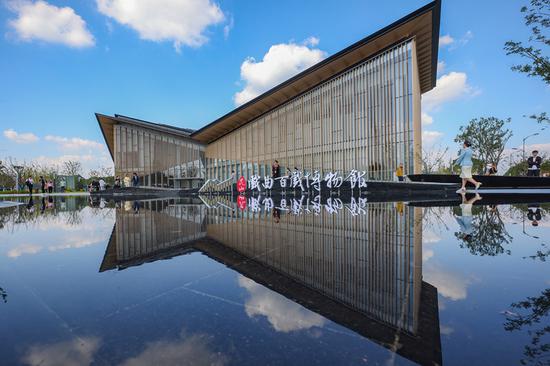
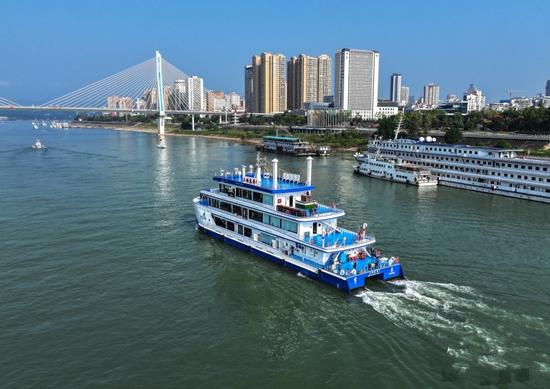
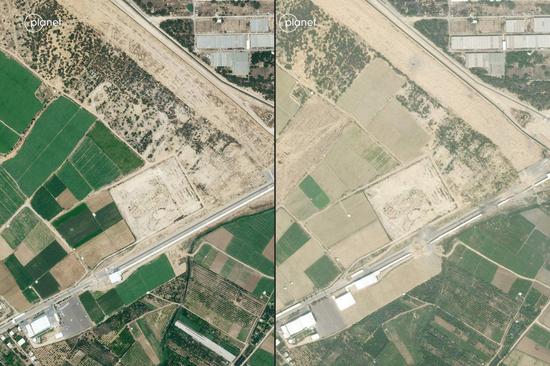
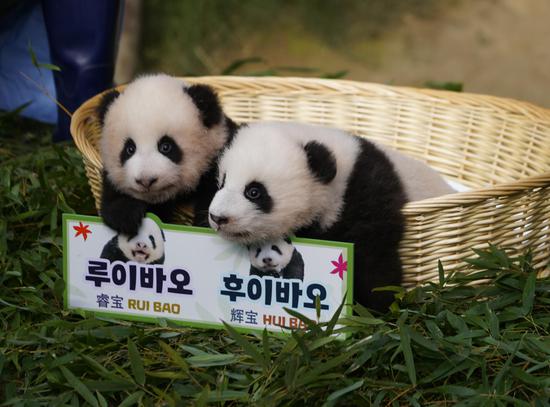
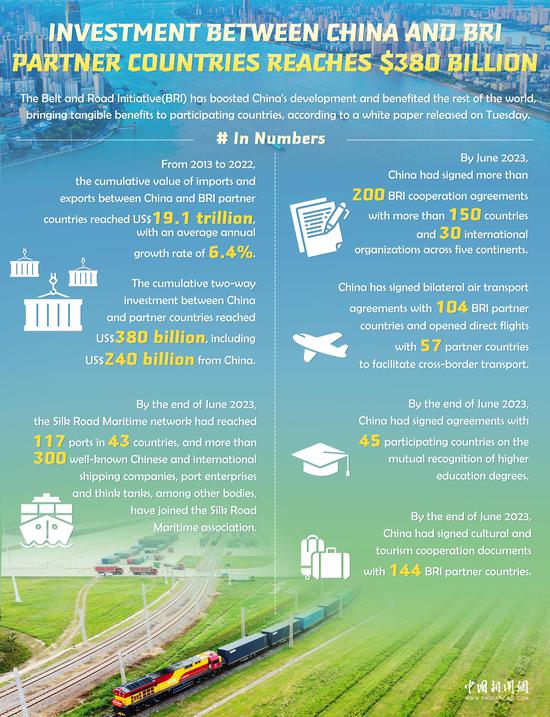
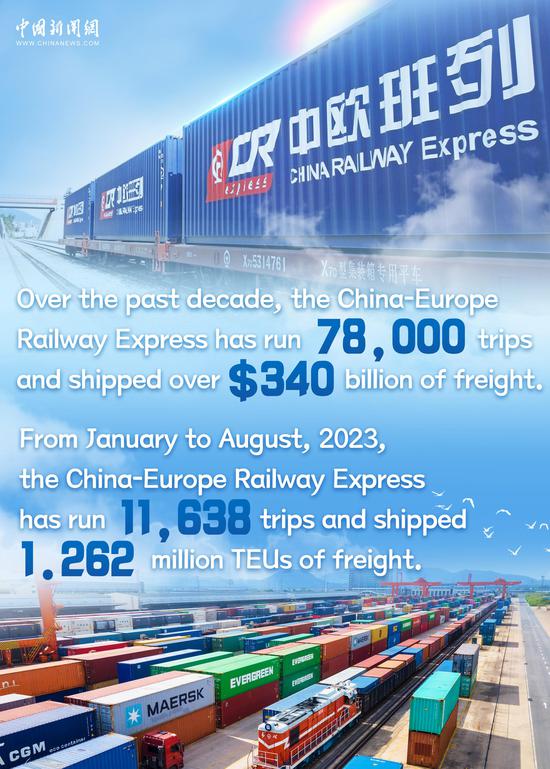





 京公网安备 11010202009201号
京公网安备 11010202009201号